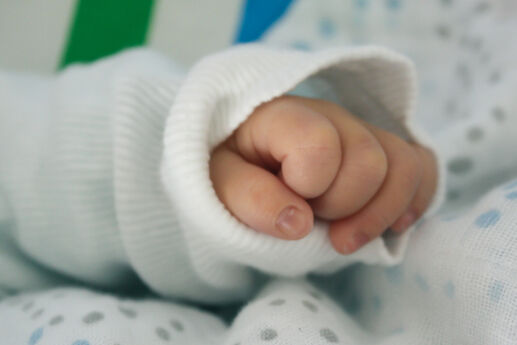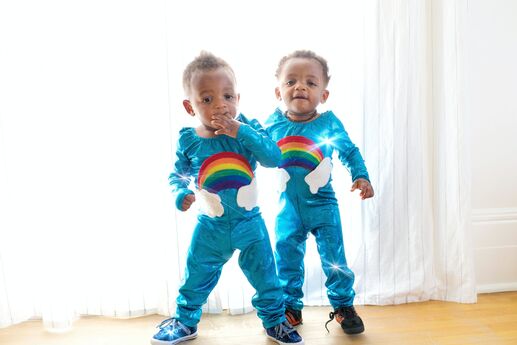Your Preemie: Preparing for Discharge
Having a baby in the NICU is a challenging time where hopes and fears can change daily. When your baby is born prematurely, the neonatologist will be looking to make sure that heart function, lung function, weight gain and ability to maintain body temperature are all stable before discharging your preemie. The length of time that can take will vary widely, according to how early your baby was born.
You’re still dealing with all the things that parents of babies born at term have to handle, such as choosing a pediatrician and installing a car seat. On top of that, your preemie has special needs. You surely wish you could take him home right away, but your premature baby requires more medical attention that you may have anticipated. Take heart -- there are things that can help parents of preemies along the journey to taking your baby home.
Recovery: A silver lining is we can use the time our baby is in the NICU to recover from the birth: to rest and be well nourished. Travel back and forth can be tough, but it’s critical to realize you will not serve your premature baby well by neglecting yourself. Just as the NICU is extending baby’s gestation phase, a new parent needs to take care of themselves to be ready for when your preemie comes home.
Educate: Take an infant CPR class before your preemie is discharged. If your baby is being discharged with a heart or apnea monitor, you will have to attend training on how to use these monitors before you take your baby home. If you plan to breastfeed, find an Internationally Board Certified Lactation Consultant who can work with you to maintain breastfeeding and weight gain once you're home.
If there are older siblings, explain that things will need to be calm for the baby at first, and establish strict hand washing protocols to prevent illness. Your hospital may also have a transitional stay room, where parents can practice taking care of baby for a day or two before coming home.
Support: Line up your support system, both physically and emotionally. First time mothers -- especially of preemies -- can feel very isolated. There are many online forums and support groups to connect with other moms going through this same experience. With babies, and especially with multiples, an extra pair of hands helps. As our job will be to care for the baby, help with shopping, cooking, and laundry becomes very valuable. Enlist friends and family so that you have more room to focus on the baby.
Time and Transport: Preemies can usually only travel an hour at a time. In urban environments or hospitals far away, anticipate a rest stop on the way home. Once your baby is home, you will not have time to waste on finding papers or scheduling time off. Establish a baby medical file -- log doctor and insurance company phone calls. Extend, space (e.g. use one week to take every Wednesday for five weeks) or delay maternity or paternity leave to map out which parent is with the baby and when, and pull in relatives or childcare where necessary.
Coming home from the NICU can be filled with relief but also trepidation. While it is natural to be nervous about being up to the task of taking care of such a fragile baby, obstetrician Dr. George Mussali puts it beautifully: “The fact is that a preemie parent matures faster as a parent due to the adversity they faced at the beginning.”







